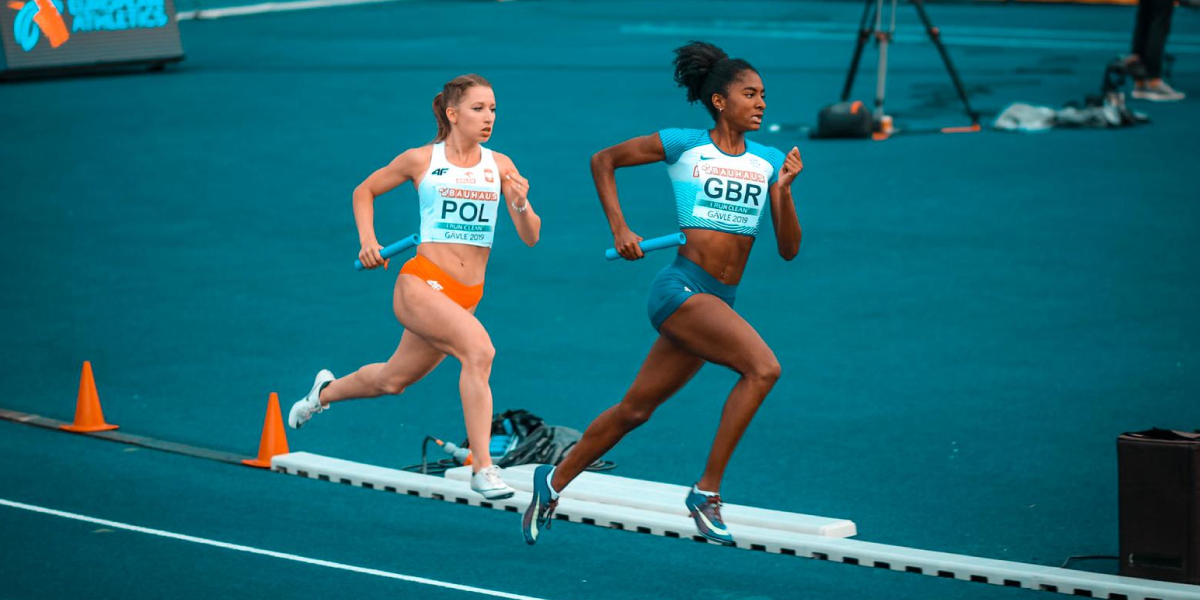
28th May 2021
My Clean Athletics Story, BY Yasmin Liverpool
Did you know that when you get tested, they watch you use the toilet? Because as a young athlete, I didn’t.
I remember the first time I got tested. I had already run for GB Juniors, but this was my first senior competition. I was a late addition to the team, replacing another athlete and as a result I hadn’t had a chance to have my Clean Sport education from the British Athletics Clean Athletics team. I went into the toilet stall and planned on closing the door behind me. Before I did, I noticed that the anti-doping officer was standing there watching me expectantly. I hesitated, wondering what was going on, and then it dawned on me that she had to watch me urinate. I felt embarrassed, not only because I was being watched, but because I didn’t know about it in advance. How was it possible that I was being tested but I, as an athlete, hadn’t got to grips with the practical realities of it?
We are ultimately responsible for everything that ends up in our bodies.
I remember having to write down all the medication I was taking in-competition. I’d had an infection a few days prior to racing, and I was treated by a doctor with some antibiotics. Thankfully, I remembered the name of the antibiotics and was able to write it down on the form, but I had never actually made a specific point of remembering their name by writing it down, nor had I looked them up on Global DRO before taking them to check they weren’t prohibited. I just assumed that I could trust the doctor. Although this turned out to be ok on this occasion, in hindsight, I realised that this is not a safe assumption to make. This is because, as athletes, we are ultimately responsible for everything that ends up in our bodies. This is called ‘strict liability’. Strict liability means that if for any reason we test positive, we could be banned, even if we were not deliberately cheating.
I used to think that doping just meant cheating, but there are so many other ways to violate anti-doping rules. It could be that someone who took you into their care, like a doctor or a physiotherapist, made a mistake and exposed you to a substance that is on the banned list, but present in a number of every day over-the-counter pharmacy products. It could be that a family member asks you to help them take their medication, and you are accidentally exposed to it while administering it. It could be that you take a recovery drink not realising it hasn’t been batch tested and listed on the Informed Sport website. It could be that you were at a party where someone was taking drugs, and you were accidentally exposed even though you weren’t taking drugs yourself. However small the risk, these are all things we need to be aware of as athletes.
We need to take positive action to avoid doping.
So, what does this all mean? It means that we need to take positive action to avoid doping, including inadvertent doping. We need to be proactive in engaging with anti-doping education and implementing daily habits that support Clean Athletics. To find out more, visit this link


